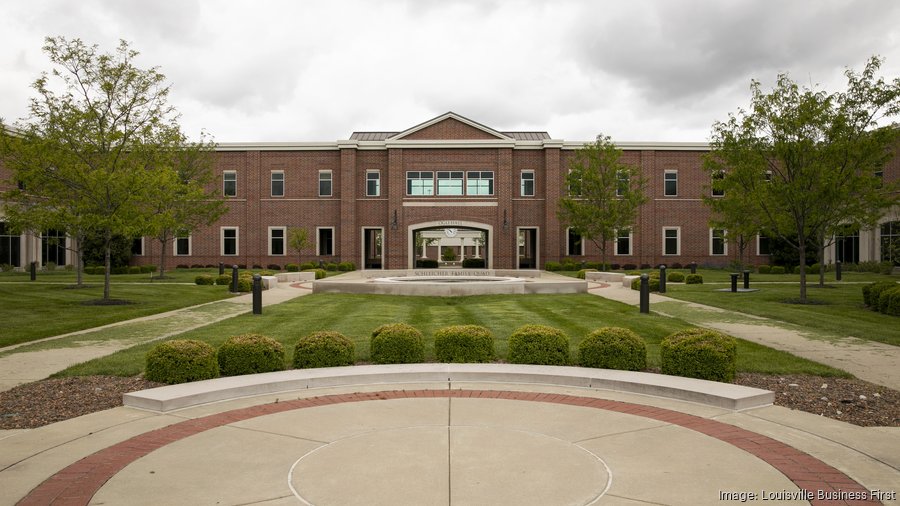A growing body of campus leaders and academic experts are giving momentum to the Biden administration’s proposal of free community college, citing benefits for low-income and first-generation students who might otherwise skip college because of the perceived costs. Trouble is, a powerful segment of colleges and universities are standing in their way.
“We're advocating for it very aggressively and we strongly support the (Biden) proposal,” said David Baime, senior vice president for government relations and policy analysis for the American Association of Community Colleges. “We just think that it's unequivocally a really good thing for the country.”
SEARCH: Scroll down for a searchable database of enrollment and revenue figures for U.S. community colleges
Not all in higher ed agree. In opposition to the push for free community college are lobbyists and advocacy groups representing four-year private colleges and universities already struggling to maintain enrollment before the Covid-19 pandemic hit. The coronavirus crisis has only worsened the financial and operating strains affecting their campuses, and many see free community college as yet another competitive threat.
“Some of those schools will worry that a free community college plan could spell bankruptcy for them," said Terry Hartle, senior vice president of government relations and public affairs at the American Council on Education. "Particularly schools that are demographically challenged are likely to see this as something that could easily undermine their institutions."
On a May 24 media call with 11 private college and university presidents in Massachusetts, The Business Journals asked the participants if they supported free community college. Only four — Amherst College President Carolyn Biddy Martin; Williams College President Maud Mandel; Berklee College of Music President Roger Brown; and Olin College President Gilda Barabino — said yes. Those against included Robert Brown at Boston University; Mary-Beth Cooper at Springfield College; Robert Johnson at Western New England University; Nicholas Covino at William James College; and Laurie Leshin at Worcester Polytechnic Institute. After the call, Anthony Monaco at Tufts University declined to answer whether he supports free community college or not. Emerson College said its President Lee Pelton left the meeting before the question was posed.
“If I am a four-year college president and I do not have good relationships with my local community college, I would think that I'm losing market share,” said Pam Eddinger, president of Bunker Hill Community College in Boston, who was not on the May 24 call.
Some four-year college presidents have opposed the Biden proposal because they view the administration's roughly $30 billion goal to double the Federal Pell Grant Program, which has nearly unanimous support across the higher-ed sector, as a more effective way to spend on low-income students. The Biden team has yet to detail how it intends to double the Pell program.
“It is a much safer deal and it keeps peace in the valley because the doubling of the Pell Grant Program would not mess up the current configuration of [higher education],” Eddinger said. “[Free community college] is probably a more transformative thing. But, if you're a college administrator in a small private college, this is existential.”
In April, the Biden team unveiled a $1.8 trillion American Families Plan intended to jumpstart the U.S. economy and support a host of administration priorities. The proposal, which is slated for debate in this summer's upcoming legislative session, included $109 billion in spending and services to provide up to two years of free community college "so that every student has the ability to obtain a degree or certificate."
Some community college administrators say the plan could help achieve workforce development goals. The state of Indiana, for example, has a goal to have 60% of working-age adults achieve a higher-ed credential or degree by 2025. As of 2016, 41% of the state's adult population had a certificate, associate degree or higher.
Several sources interviewed for this story compared free community college to free high school, as more and more jobs in the U.S. require some form of post-secondary education.
“For Ivy Tech to contribute to the state hitting that goal, we have to produce 50,000 high quality certificates, certifications or degrees annually,” said Dominick Chase, senior vice president at Ivy Tech Community College in Indianapolis. “Anything that we can do to expand access to those who cannot attend because of the cost is going to be beneficial for our students.”





